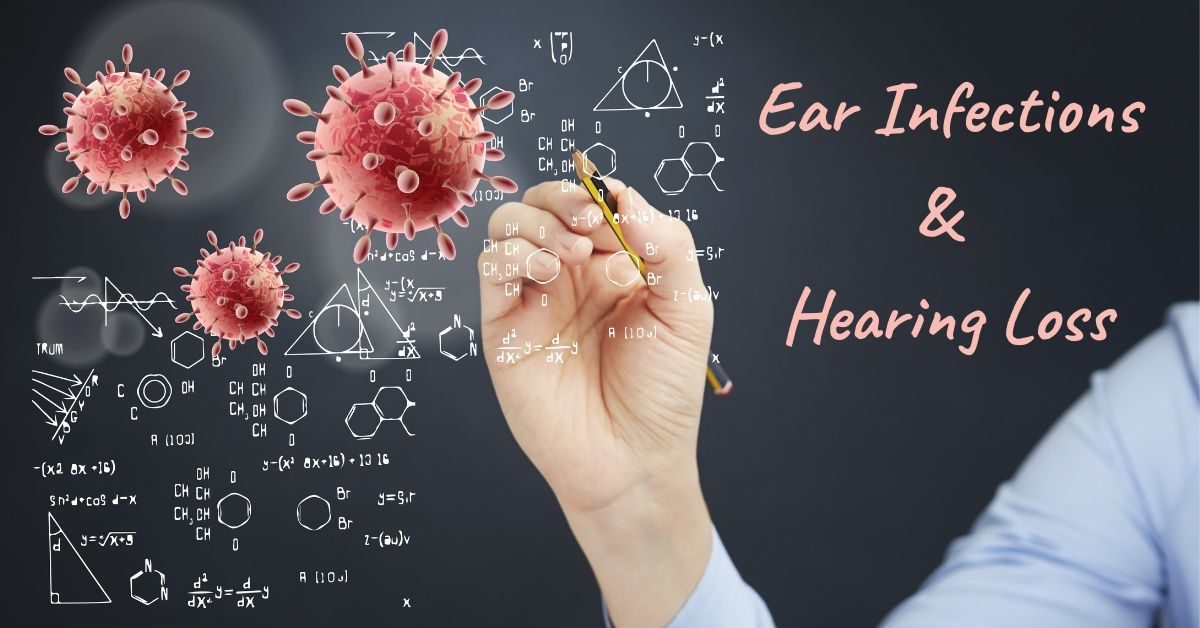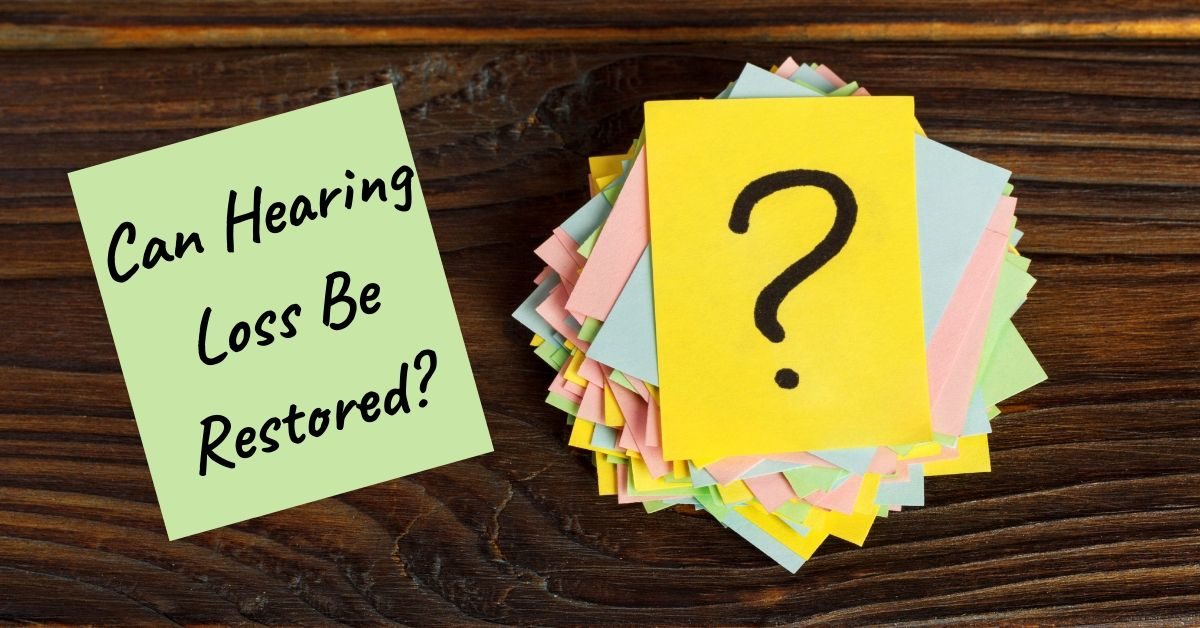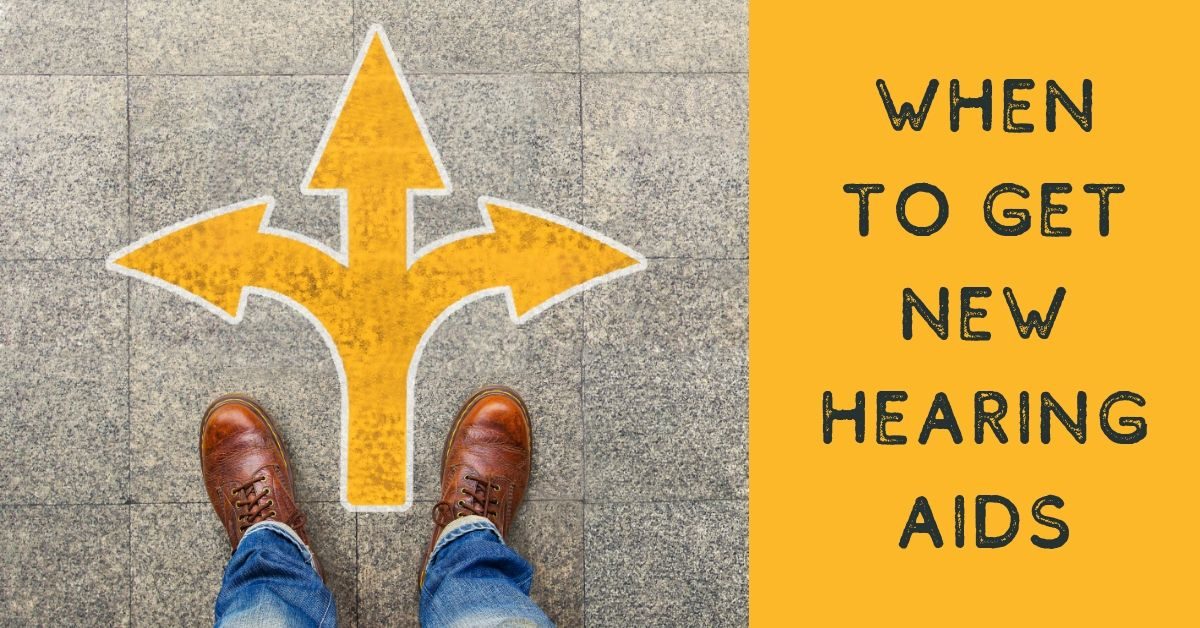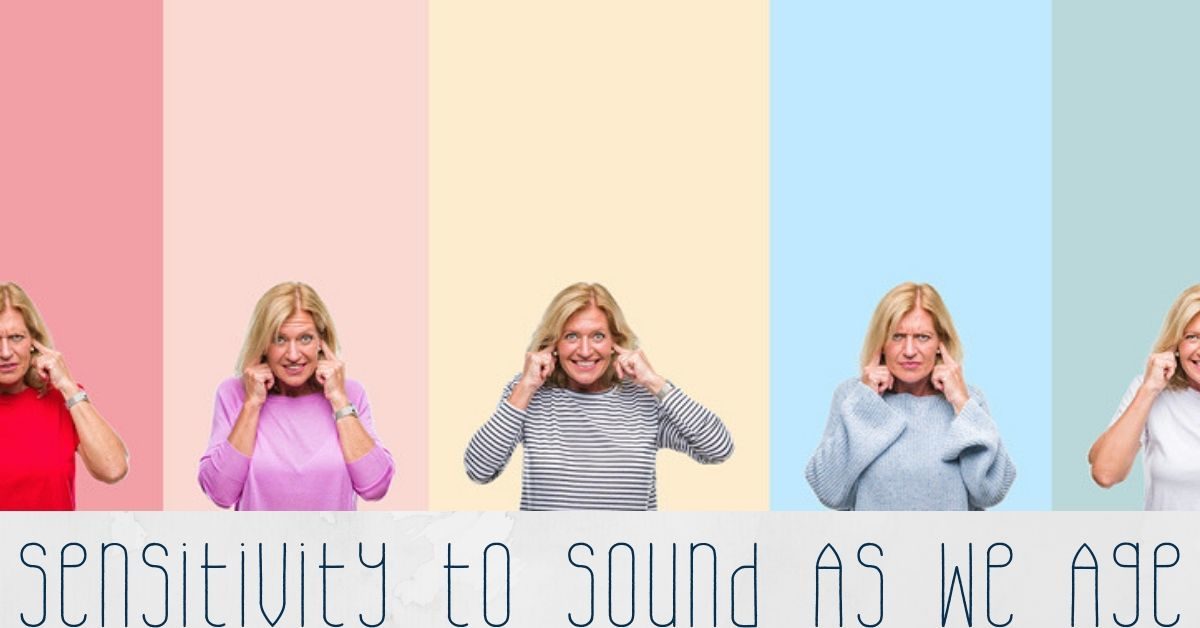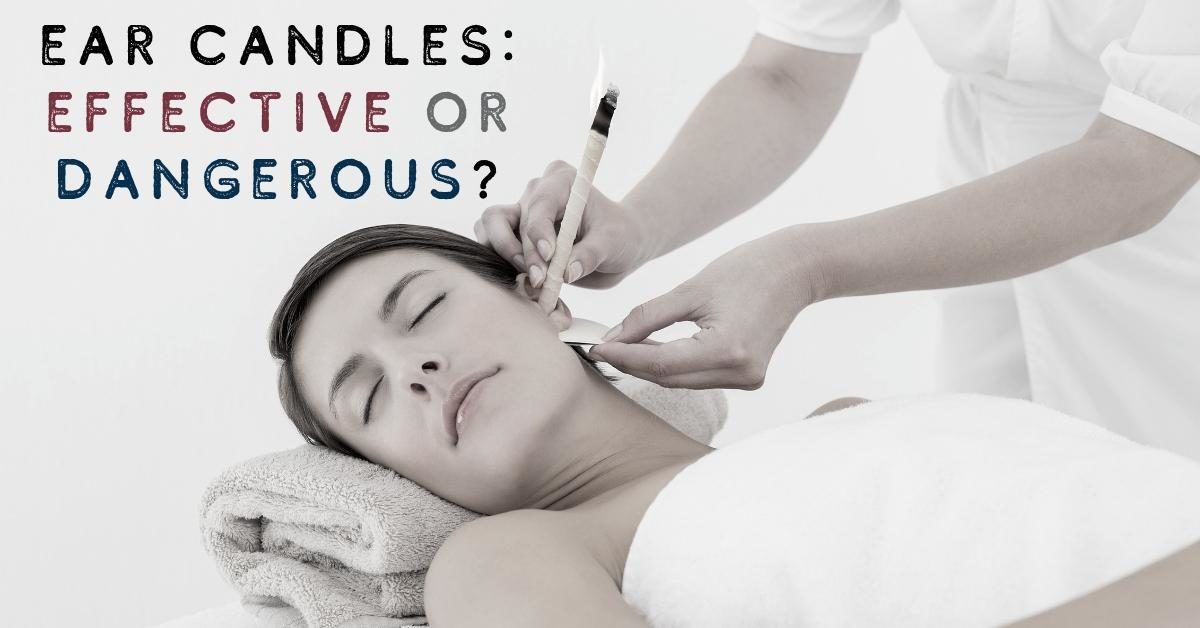Hearing loss is nothing new. It has affected people since the beginning of time. Unfortunately, in times past, people tried to solve the problem of hearing loss in unique ways. This resulted in some very unconventional solutions. When the musical legend Beethoven was in his twenties, he suffered from buzzing and ringing in the years. Today we know this as …
Ear Infections & Hearing Loss
Ear infections and hearing loss are common worldwide. Statistics in 2018 reveal that the world had a staggering 466 million people who suffered some disabling loss of hearing. Of those millions, there were 34 million children who suffered the same physical problem. Similarly, it is estimate by 2050, 900 million will experience some disabling hearing loss. That is about 1 …
Conductive Hearing Loss: Signs, Causes, and Treatments
Many people suffer from conductive hearing loss. This loss occurs when the passage of sound is partially or fully blocked. This can happen in either the middle ear or in the ear canal. The passage of any type of sound may be blocked because of blockages or damaged anatomical structures. This may happen in the middle ear, ear canal, or …
Can Hearing Loss Be Restored?
Nearly 48 million Americans have some type of hearing loss that affects the communication, relationships, health and even the careers of those who have it. If you have hearing loss, you might wonder if there are treatments that can restore your lost hearing. Treatment for sensorineural hearing loss If you’ve been diagnosed with sensorineural hearing loss, you’re in good company. …
Hearing Aids Keep You Happy, Healthy, and Wealthy
According to a new report from Brunel University in London, people who treat their hearing loss with hearing aids or other hearing solutions such as implants are happier, healthier and wealthier, with a better overall quality of life than people who do not treat their hearing loss. This scientific report “Hearing Loss – Numbers and Costs” by Professor Emerita Bridget …
When to Get New Hearing Aids
Hearing specialists typically recommend replacing hearing aids every five to seven years – which is the average lifespan of a pair of hearing aids. The absolute longest that hearing aids last before becoming expired is seven years but often your needs or lifestyle change well before this. Below we will outline some things to consider when deciding if its time …
Sensitivity to Noise as We Age
There’s no way to get around it, things change and we change as we get older. It takes a little longer to mow the lawn, do housework, get ready in the morning and recharge. Things that bothered us before, we let slide. Things that didn’t bother us before, we may now find very annoying. One of the things you may …
In the Loop: Get the Most out of Your Hearing with Hearing Loop Technology
Sometimes even with the best of hearing aid models, you may need a little extra help in certain environments with background noise. There also may be certain environments that are so large, with lots of space that would cause echoing, that you may need a little extra something. You can use a hearing loop with your hearing aids. You can …
The Benefits of Bluetooth Hearing Aids
There’s no better time to help yourself hear better than now. Hearing aids can improve your personal and professional life through better communication and the advances in Bluetooth hearing aids can keep you connected to your audio devices. We are well-versed in technological advances in hearing aids at Neighborhood Hearing Aid Centers and we offer free hearing tests. Call today …
Ear Candles: Effective or Dangerous?
Best known as an alternative approach for earwax removal, ear candling involves placing a hollow, wax-covered candle in the ear. Proponents claim that lighting one end of the cone creates a suction that pulls earwax out of the ear. How do ear candles work? Ear candles are hollow cones made of fabric covered in paraffin wax, beeswax, or soy wax, and …


